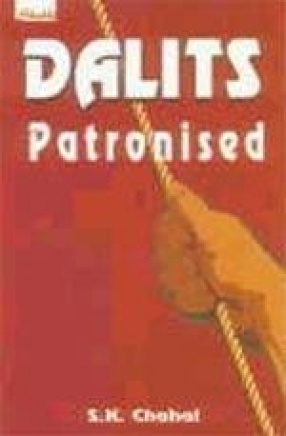The present study seeks to analyse the role, response and contribution of the Indian National Congress to the cause of Dalits from 1921 through 1947. During the early stages, the Congress regarded the Dalit problem similar to the problems of sati, widowhood, child marriage, female infanticide etc. Mahatma Gandhi, however, took the problem seriously and considered untouchability as a ‘monster’, a ‘blot’, or a ‘sin’. The new thing which the Mahatma included in the Congress approach had religious of Hinduite dimension which resulted in turning of the Congress approach into a ‘patronalistic approach. It should, however, be mentioned that after the advent of Mahatma Gandhi the ‘caste-communal’ dimensions and the ‘political’ aspects of the problem were never accepted by the Congress, which were adhered to by the radical Dalit leadership. This led to a serious antagonism between the two parties in which the Congress defeated the radical Dalit leadership by forcing them to accept the Poona Act (1932) in order to check the Dalit leadership, the Congress launched a massive Campaign for Dalit ‘upliftment’, namely the ‘Harijan Movement’ on the basis of their ‘patronalistic approach’. This book deals with this aspect of the problem and much else besides.
Indian Society and Women Development
$56.70
$63.00





There are no reviews yet.